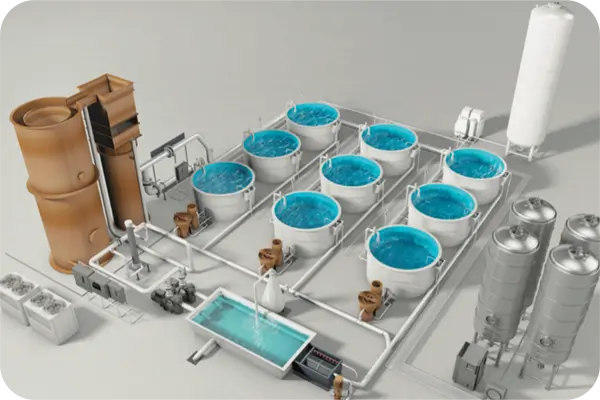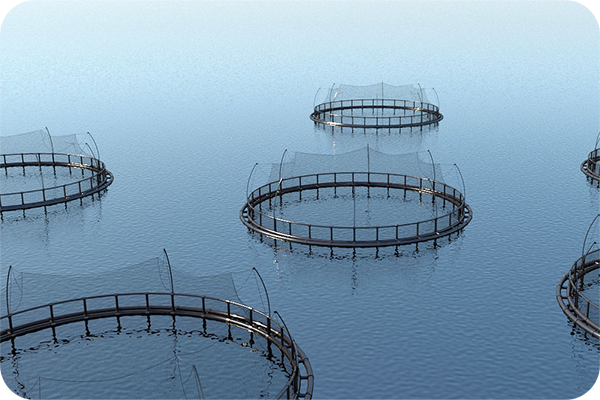Aquaculture and Lithium batteries
Lithium batteries will be tomorrow’s world for aquaculture, with major advances already underway.

For several years, and even more so now, shipyards have been offering hybrid boats that considerably reduce fuel consumption.
You can simulate the power split between electric and fuel engines for boats here.



A forerunner in the use of lithium batteries for aquaculture, Norway, Canada and the UK are equipping themselves with facilities combining ecology, automation and renewable energies.

Eve, a global producer of Lithium cells, started a program in 2016 along these lines, and will then launch a program of 100 ships over 3 years.

Since 2019, demand has increased by a factor of 10, and the future looks very promising thanks to this energy transition.
In global figures, we can consider that global growth should be multiplied by 6 until 2050 in the transition to lithium batteries (these figures are due to the zero-emission compliance obligations in this industrial activity).
Until now, fuel consumption and energy costs have been high, but necessary for fish farming and feed barges.
On top of this, climatic conditions made it more difficult to optimize the performance of energy-dependent structures.
Modernization using electronic systems coupled with renewable energies can solve a large part of the problems in this field, with innovative solutions and adapted equipment.
Lithium-ion batteries are among the most suitable solutions for zero-emission compliance.

Based on LFP cells (read more about the technologies here ), Pro Lithium offers services tailored to your needs. LFP (LifePo4) batteries have a lifespan of up to 15 years, making them a durable, high-performance battery for aquaculture. Most aquaculture professionals have facilities that are not connected to the electricity grid. This requires the use of noisy, energy-hungry and polluting generators. This is the opposite of Lithium batteries.

Fish farms mainly use 96Kw/h to 150Kw/h systems, depending on the location. A battery of at least 50 modules is required for high efficiency. Now that the system has become a hybrid (a back-up generator is still required), energy costs are reduced by around 70% with the installation of lithium batteries for a fish farm.
Aquaculture and fishing show that all forms of activity can now be involved in developing renewable energy solutions.
Pro Lithium is committed to supporting professionals in the field of aquaculture and offers services for Lithium batteries and equipment to meet demand (by e-mail it’s here).
